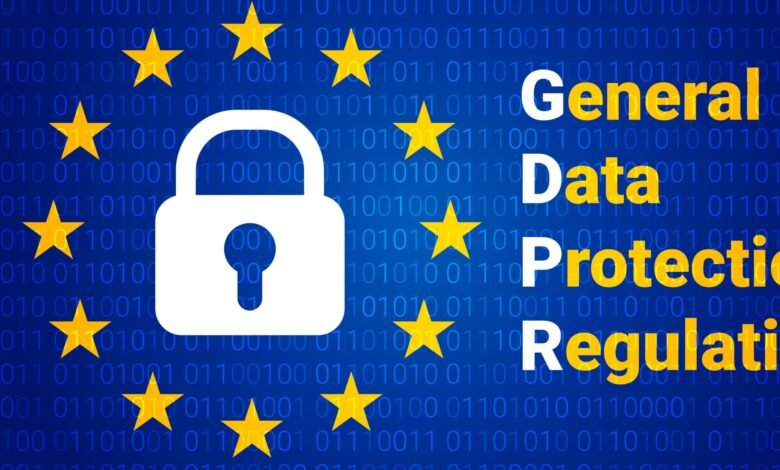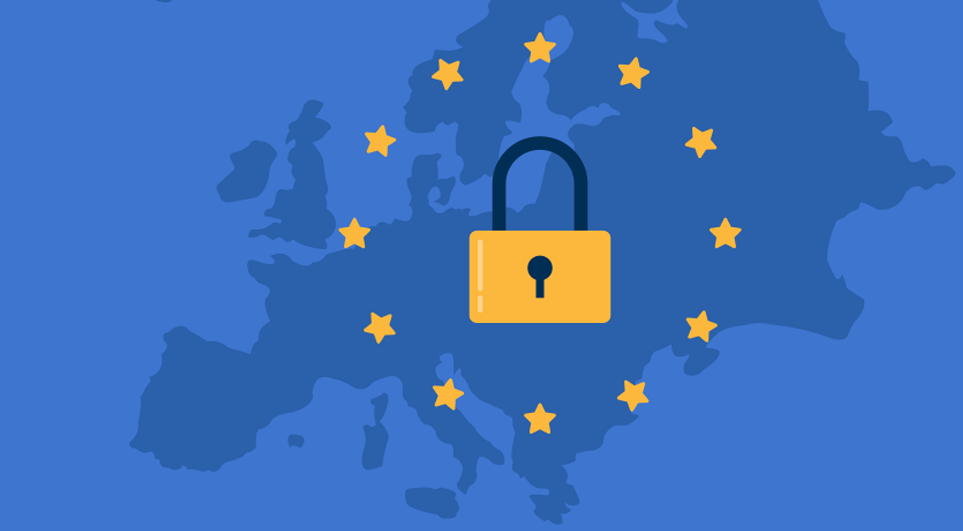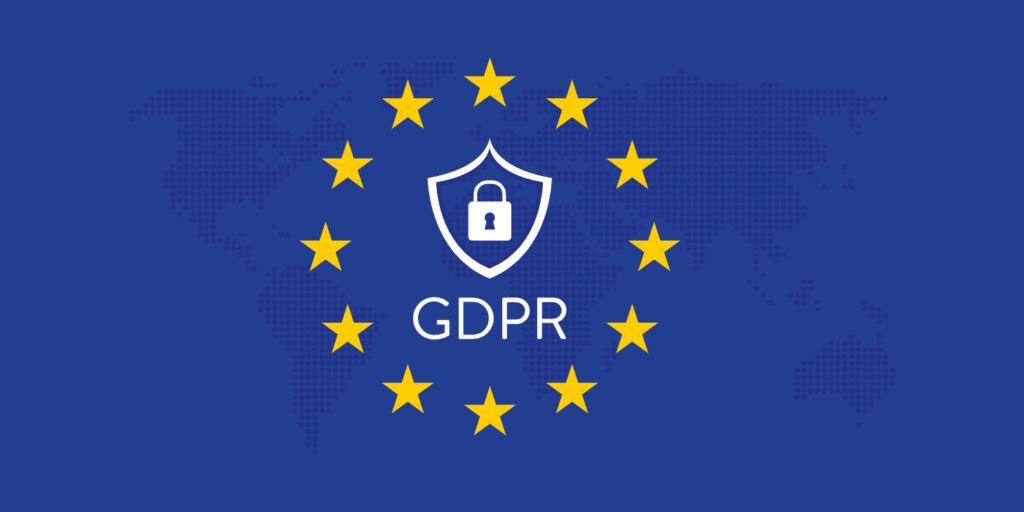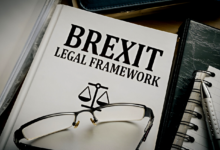What Is GDPR? 7 Important Points To Know

What Is GDPR? The General Data Protection Regulation (GDPR) is a comprehensive data protection law that was introduced by the European Union (EU) in 2018. It aims to strengthen the protection of personal data and provide individuals with greater control over how their data is used. In this article, we will explore the key aspects of GDPR and why it is important for businesses and individuals to understand its provisions.
The GDPR is a set of regulations designed to harmonize data protection laws across EU member states. It replaces the outdated Data Protection Directive and introduces a more stringent framework for the processing of personal data. The regulation applies to organizations that handle the personal data of EU residents, regardless of where the organization is located.
Read More: Cyberattacks Against Businesses Are Up Nearly 80%: Here are 7 Best Look Out For
GDPR Basics
What Is GDPR? At its core, the GDPR is built on the principles of fairness, transparency, and accountability. It defines personal data as any information that can directly or indirectly identify an individual, such as names, addresses, email addresses, or IP addresses. The primary purpose of the GDPR is to protect the fundamental rights and freedoms of individuals with regard to the processing of their personal data.

Key Principles of GDPR
What Is GDPR? The GDPR is guided by several key principles that organizations must adhere to when processing personal data. These principles include:
Lawful basis for processing personal data
Organizations must have a lawful basis for processing personal data. This can include the necessity of processing for the performance of a contract, compliance with a legal obligation, protection of vital interests, consent, the performance of a task carried out in the public interest or the exercise of official authority, or legitimate interests pursued by the data controller or a third party.
Consent and data subject rights
The GDPR places a strong emphasis on obtaining informed and unambiguous consent from individuals for the processing of their data. It also grants individuals several rights, such as the right to access their personal data, the right to rectify inaccuracies, the right to erasure (also known as the “right to be forgotten”), and the right to data portability.
Data minimization and purpose limitation
What Is GDPR? Organizations are required to collect and process only the personal data that is necessary for the specific purpose it was collected for. They must also ensure that personal data is not kept for longer than necessary and is used only for the purposes for which it was originally collected.
Important GDPR Provisions
The GDPR introduces several important provisions that organizations need to be aware of:
Data breach notification
What Is GDPR? Under the GDPR, organizations must report certain types of data breaches to the relevant supervisory authority within 72 hours of becoming aware of the breach. If the breach is likely to result in a high risk to individuals’ rights and freedoms, the affected individuals must also be notified without undue delay.

Data protection officer (DPO)
Some organizations are required to appoint a Data Protection Officer (DPO) who is responsible for overseeing data protection strategy and implementation. The DPO acts as a point of contact for individuals and supervisory authorities and ensures that the organization complies with the requirements of the GDPR.
Privacy by design and default
What Is GDPR? The GDPR promotes the concept of privacy by design and default, which means that organizations must consider data protection and privacy issues from the outset when designing systems, processes, and services that involve the processing of personal data.
GDPR Compliance
What Is GDPR? Achieving GDPR compliance requires organizations to take several steps, including:
Steps to achieve GDPR compliance
- Conducting data audits to identify and map personal data flows within the organization.
- Implementing appropriate technical and organizational measures to ensure the security of personal data.
- Training staff on data protection principles and their responsibilities under the GDPR.
- Developing and implementing data protection policies and procedures.
- Establishing procedures to handle data subject requests and manage data breaches.
Data protection impact assessments (DPIAs)
What Is GDPR? Organizations may be required to conduct Data Protection Impact Assessments (DPIAs) for processing activities that are likely to result in high risks to individuals’ rights and freedoms. DPIAs help organizations identify and minimize the data protection risks associated with their processing activities.
GDPR and International Impact
What Is GDPR? The GDPR has an extraterritorial reach, meaning that it applies to organizations outside the EU if they process personal data of individuals within the EU in connection with offering goods or services or monitoring their behavior. This has significant implications for businesses operating on a global scale.
Transfers of personal data outside the EU
What Is GDPR? Transferring personal data outside the EU is subject to specific requirements under the GDPR. Organizations must ensure that the receiving country provides an adequate level of data protection or implement appropriate safeguards, such as using standard contractual clauses or binding corporate rules.

Penalties and Enforcement
What Is GDPR? The GDPR imposes substantial fines for non-compliance with its provisions. Depending on the nature of the violation, organizations can face fines of up to €20 million or 4% of their global annual turnover, whichever is higher. Supervisory authorities have the power to investigate complaints, issue warnings, and impose fines to ensure compliance.
What Is GDPR? Conclusion
The GDPR represents a significant step forward in data protection and privacy rights. It empowers individuals by giving them more control over their personal data and holds organizations accountable for how they handle and process that data. Compliance with the GDPR is essential for businesses that operate within the EU or process personal data of EU residents.
Read More: Need to Know About WhatsApp Business: 7 Important Reasons
FAQs
What is the purpose of the GDPR?
The GDPR aims to strengthen the protection of personal data and provide individuals with greater control over how their data is used.
Who does the GDPR apply to?
The GDPR applies to organizations that handle the personal data of EU residents, regardless of where the organization is located.
What are the key principles of the GDPR?
The key principles of the GDPR include the lawful basis for processing personal data, consent and data subject rights, and data minimization and purpose limitation.
What are the penalties for GDPR non-compliance?
Organizations that fail to comply with the GDPR can face fines of up to €20 million or 4% of their global annual turnover, whichever is higher.
How does the GDPR impact international businesses?
The GDPR has extraterritorial reach, meaning it applies to organizations outside the EU if they process personal data of individuals within the EU in connection with offering goods or services or monitoring their behavior.








One Comment